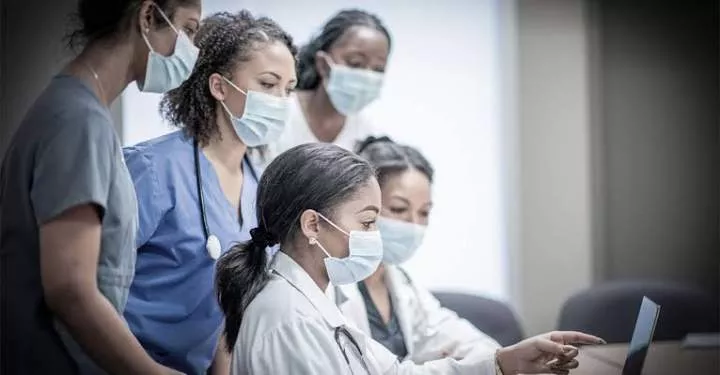5 important health checks every woman should get and why

Taking care of your health is one of the most important things you can do for yourself.
For women, staying healthy means making sure to get regular check-ups. These check-ups help catch problems early, which can make treatment easier and more successful.
Even if you feel fine, some health issues don’t show any signs until they are more serious. This is why it’s important to know which health checks are necessary and why they matter.
Let’s discuss five important health checks every woman should get and why they are so important.
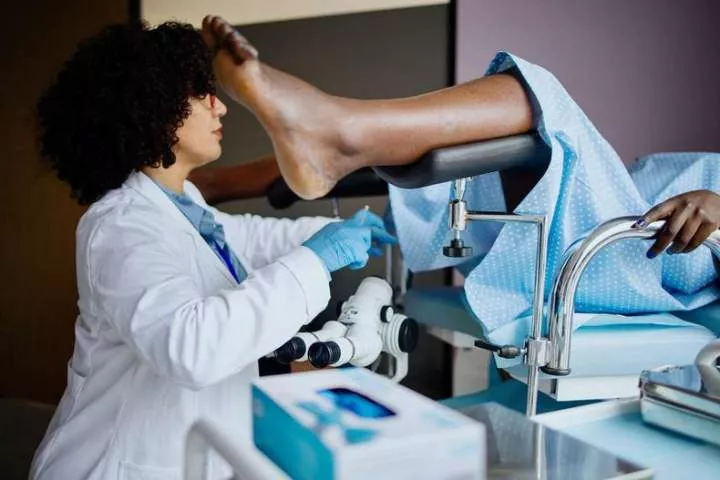
A Pap smear is a simple test that collects cells from the cervix. These cells are then examined for abnormalities that could indicate early signs of cervical cancer.
The Human Papillomavirus (HPV) test checks for the presence of certain strains of HPV, a virus that can contribute to cervical cancer development.
When to get it: The recommended schedule for Pap smears and HPV tests can vary depending on your age and risk factors. Typically, women aged 21-29 should have a Pap smear every three years. After 30, the option for a combined HPV and Pap test (co-testing) every five years becomes available, depending on your individual situation. Talk to your doctor about what’s right for you.
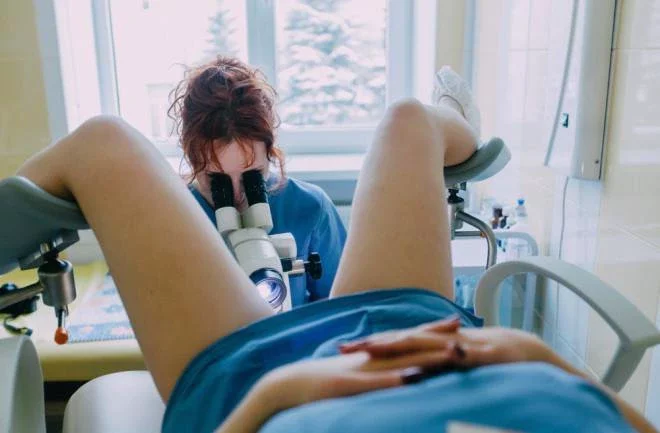
A pelvic exam is a comprehensive evaluation of your reproductive organs. During the exam, your doctor will visually examine your external genitals, feel your internal organs through your vagina, and might also perform a Pap smear.
A pelvic exam can detect a variety of issues, including infections, fibroids (benign growths), and even early signs of ovarian cancer.
When to get it: Similar to Pap smears, the recommended frequency for pelvic exams can vary. Generally, women with no concerning symptoms might get one annually alongside their Pap smear. However, your doctor will personalise the schedule based on your specific needs.
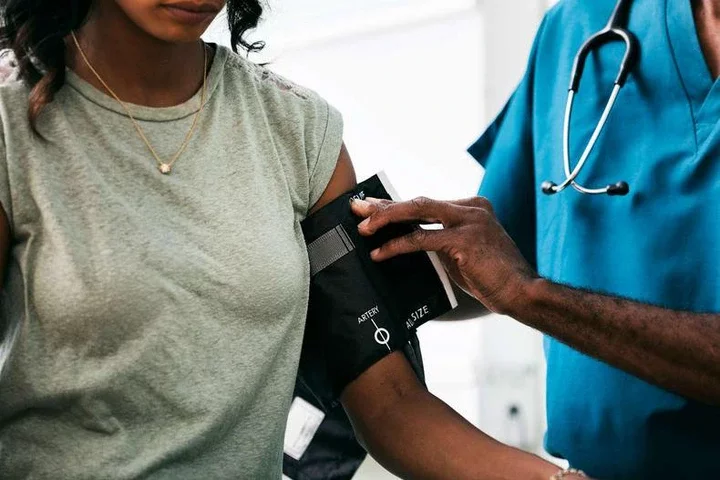
High blood pressure (hypertension) and high cholesterol can put you at risk for heart disease, stroke, and other health problems. The good news is these conditions can often be managed with lifestyle changes and/or medication.
When to get it: Typically, blood pressure and cholesterol checks are recommended for adults starting in their 20s or 30s. The frequency might vary depending on your age, risk factors, and overall health.
A mammogram is an X-ray of the breast tissue that can detect lumps or abnormalities that might be cancerous.
It’s a crucial tool in the fight against breast cancer, the most common cancer among women.
When to get it: The recommended schedule for mammograms can vary depending on your age, family history, and risk factors. Generally, women aged 40-49 might consider getting mammograms every few years, while those over 50 might benefit from annual screenings.
As we age, our bones naturally become less dense, increasing the risk of fractures. A bone density scan is a painless test that measures how strong your bones are. This helps identify osteoporosis, a condition that weakens bones.
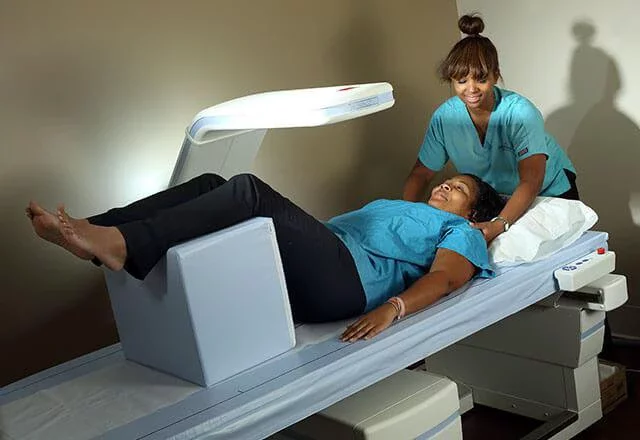
When to get a bone density scan: While bone density naturally decreases with age, some women are at higher risk for osteoporosis. These include:
-
Women over 50, especially those with a family history of osteoporosis.
-
Women who are postmenopausal, as estrogen plays a vital role in bone health.
-
Women with a history of fractures.
-
Women with certain medical conditions like rheumatoid arthritis or chronic kidney disease.
-
Women who take medications that can weaken bones, such as long-term use of corticosteroids.
These five health checks are a great starting point for women of all ages. However, preventive care goes beyond just tests. To empower your health journey, you’ll need to develop a healthy lifestyle and maintain a healthy weight.
If you experience any concerning changes in your body or unusual symptoms, don’t hesitate to talk to your doctor. Early diagnosis and intervention are crucial for many health conditions. Also, know your family history. Understanding your family’s medical background can help identify potential risks you might have.
You are your own health advocate. Take charge of your preventive care and adopting a healthy lifestyle.





